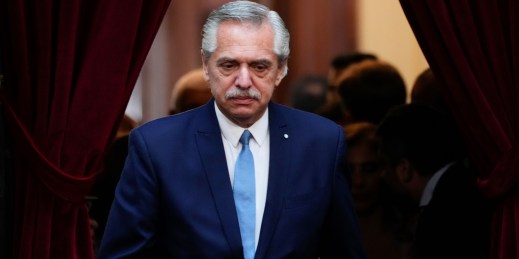Latest Archive
Free Newsletter
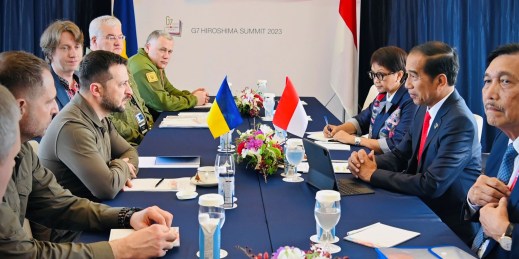
Earlier this month, Indonesian Defense Minister Prabowo Subianto proposed a plan to end Russia’s war in Ukraine. Though quickly dismissed as unfeasible by Kyiv and many Western commentators, the proposal is significant for what it reveals about Jakarta’s attempts to navigate the politics of the war in Ukraine.
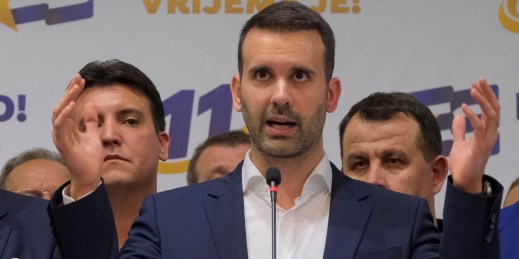
On Sunday, Montenegrins voted in an election that was remarkable in part for who was not a candidate. For the first time in more than 30 years, Milo Djukanovic—the country’s dominant political figure—was not on the ballot. But despite that notable change, Montenegro’s road to political stability and EU accession looks rocky.
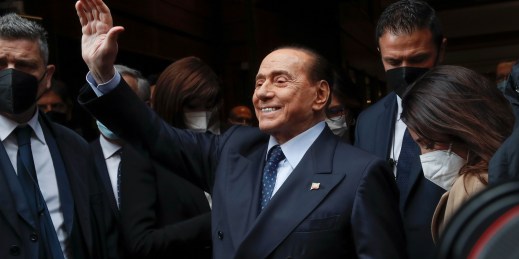
In Italy, reflections on Silvio Berlusconi’s career have tended to view him as a figure whose influence began to wane a decade ago. For observers in countries where populist politics have emerged more recently, he embodies trends that still define Europe’s fractious politics. These clashing narratives each have a grain of truth.
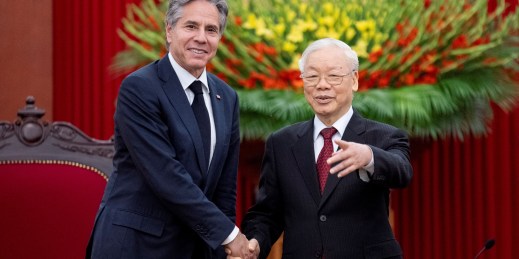
In response to the war in Ukraine and amid growing tensions with China, Vietnam has doubled down on its strategy of multi-alignment, by simultaneously courting closer relations not only with the U.S. and China, but also with likeminded regional powers and neighbors. As a result, Vietnam has forged a new strategic sweet spot.
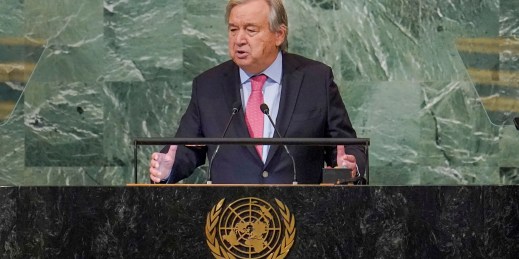
In 2005, the U.N. was still reeling from the rifts caused by the U.S. invasion of Iraq, and diplomats were furiously debating ideas for reforms to the multilateral system. Fast forward to today, and Russia’s war on Ukraine is dominating U.N. diplomacy. Once again, proposals to reform the institution are also topping the agenda.
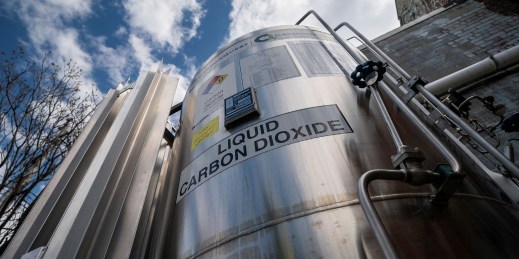
A small but growing group of scientists are beginning to draft the blueprints and build the prototypes of “climate time machines,” in the form of carbon removal and geoengineering. These approaches have the potential to unwind decades of delay and avert climate catastrophe, but they are unproven and come with risks.
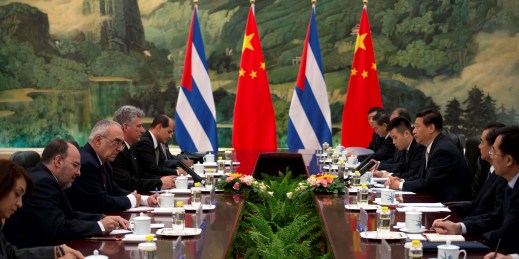
Reports that Cuba will host a Chinese spy station are likely to fuel hysterical debates in the U.S. over politics, not policy. Such a nearby facility would pose a threat that should be taken seriously. But a better debate over how the U.S. should respond would start with the correct historical analogy for what is happening today.
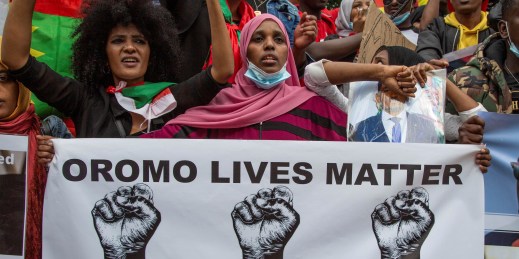
Peace talks between the Ethiopian government and rebels from the country’s Oromia region ended in April without an agreement to halt their hostilities. Since the end of the Tigray war in November 2022, the fighting in Oromia has escalated. The stakes are high, raising questions about Ethiopia’s territorial integrity and stability.
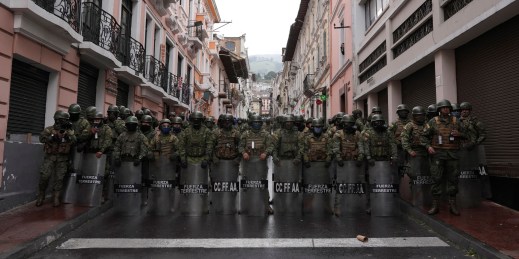
Ecuador might be caught up in a political crisis, with President Guillermo Lasso having dissolved the National Assembly and called snap elections for later this year. But if you ask most Ecuadorians what they are worried about, they won’t tell you politics. They will say crime and public authorities’ inability to stop it.
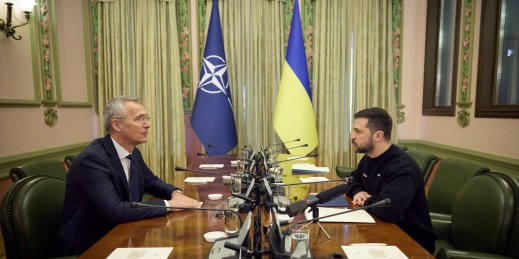
A gathering crescendo of voices calling for Ukraine to join NATO had raised hopes among some observers that Kyiv might be offered membership at the alliance’s summit next month. Those hopes have been dashed by recent comments from French and German officials. But despite arguments to the contrary, Ukraine should join NATO immediately.
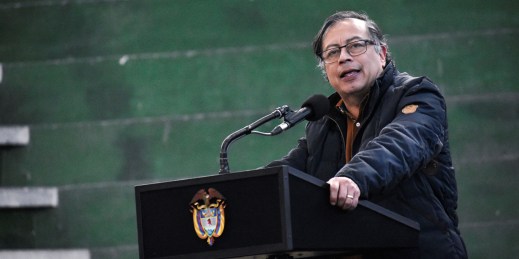
It’s no secret that Colombian President Gustavo Petro has been struggling. His ambitious domestic agenda has stalled, and his approval ratings have plummeted. But no one could have anticipated the wild new series of scandals that emerged in the past week to threaten his presidency in such spectacular fashion.
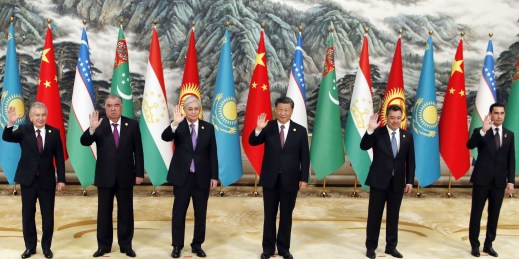
Last month, Chinese President Xi Jinping hosted an in-person summit with the presidents of Uzbekistan, Kazakhstan, Kyrgyzstan, Turkmenistan and Tajikistan. The gathering was the latest demonstration of China’s growing geo-economic role in Central Asia, marking what Xi called a “new era” in Beijing’s relations with the region.

